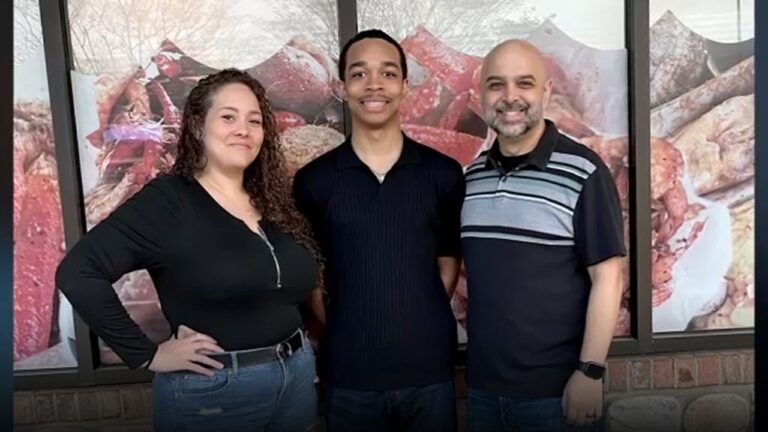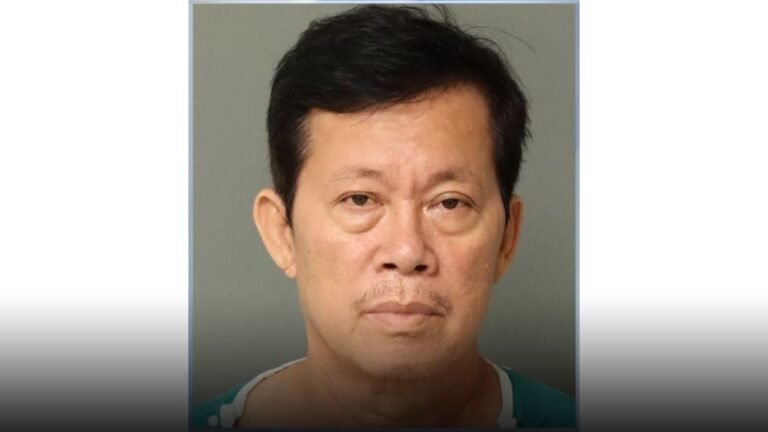Safe Babies Program Expands to Help NC’s Youngest in the Child Welfare System
NORTH CAROLINA — A unique approach to child welfare is gaining ground in North Carolina, as the Safe Babies Court program expands across several counties to better support infants and toddlers in foster care. The state has extended its pilot version of the program through 2027, following positive early results and growing momentum from judges, social workers, and families.
A Courtroom That Feels More Like a Playroom
Safe Babies Court flips the typical courtroom dynamic. Rather than a rigid adversarial setting, the program focuses on trauma-informed, family-first solutions. Instead of black robes and wooden benches, children and parents are welcomed into rooms with toys, rugs, and supportive adults.
Launched in 2023 and now active in places like Durham, Brunswick, New Hanover, Rutherford, and Yancey counties, the initiative aims to reunify families quickly and reduce reentry into the system. According to Safe Babies, a baby or toddler is removed from their family every seven minutes in the U.S.
Trauma in Early Childhood Leaves a Lasting Impact
The initiative was spurred by findings from the Chief Justice’s Task Force on ACEs-Informed Courts, created by NC Supreme Court Justice Paul Newby in 2021. The group focused on the long-term damage of adverse childhood experiences (ACEs) like neglect, abuse, or family separation.
Experts at Harvard’s Center on the Developing Child say that in early childhood, brains form nearly a million new connections per second. Trauma during this window — including removal from caregivers — can shrink the brain’s cortex, affect IQ, and disrupt emotional regulation, according to the National Child Traumatic Stress Network.
A New System of Support, Not Judgment
Rather than facing judges from across a courtroom, parents sit beside them, in a space meant to encourage dialogue and healing. These “judicial status conferences” happen more frequently than traditional court dates and are intentionally informal.
“We’ve all got one common goal,” said Judge Rebecca Eggers-Gryder, who oversees the program in five western counties. “The child is the very center of Safe Babies Court — and getting permanence for that child as soon as possible.”
Each participating family is assigned a community coordinator to guide them through obstacles like housing, substance use treatment, or early childhood services.
Judges, DSS workers, and even county attorneys approach the process not as opponents, but as supporters. “You should see how our parents respond to that,” said Polly Handrahan, the state’s Safe Babies Court director. “It’s amazing.”
Strong National Results, Hope for Local Success
While North Carolina’s first families only began enrolling in mid-2024, national data paints a promising picture. According to RTI International, children in Safe Babies programs are:
- 1.6x more likely to exit foster care for permanent homes
- 90% placed in permanent homes within 12 months — double the national rate
- Far less likely to be re-abused — 0.7% vs. 9.1% nationally
Programs modeled after Safe Babies, like Best for Babies in Arizona, have already seen a 19% higher reunification rate for parents who opt in, said Marshalle Manriquez of Prevent Child Abuse Arizona.
Community Investment and Local Buy-In
North Carolina’s program is backed by a patchwork of supporters:
- Dogwood Health Trust funds positions in western counties
- The Duke Endowment supports Durham, Brunswick, and New Hanover
- A Court Improvement Project Grant covers statewide coordination
Active Community Teams are mapping local services and connecting parents to everything from early intervention to transportation and mental health services. “Sometimes it feels like it’s us against the world,” said Yancey County social worker Noah Worley, “but now we’ve got more ears, more support.”
Early Stories Show Promise
While data is still emerging, testimonials already suggest the model is working:
“I feel supported and am able to voice my questions… in a less intimidating setting,” one parent told the program.
“I always understand exactly what is going on with my case,” said another.
Even DSS workers say it’s changing outcomes. “Sometimes as DSS, it’s hard to get past the stigma,” Worley added. “That [coordinator] acts as a liaison and builds trust.”
Do you have experience with North Carolina’s child welfare or foster care system? Tell us your story — or share feedback on the Safe Babies model — at SaludaStandard-Sentinel.com.







